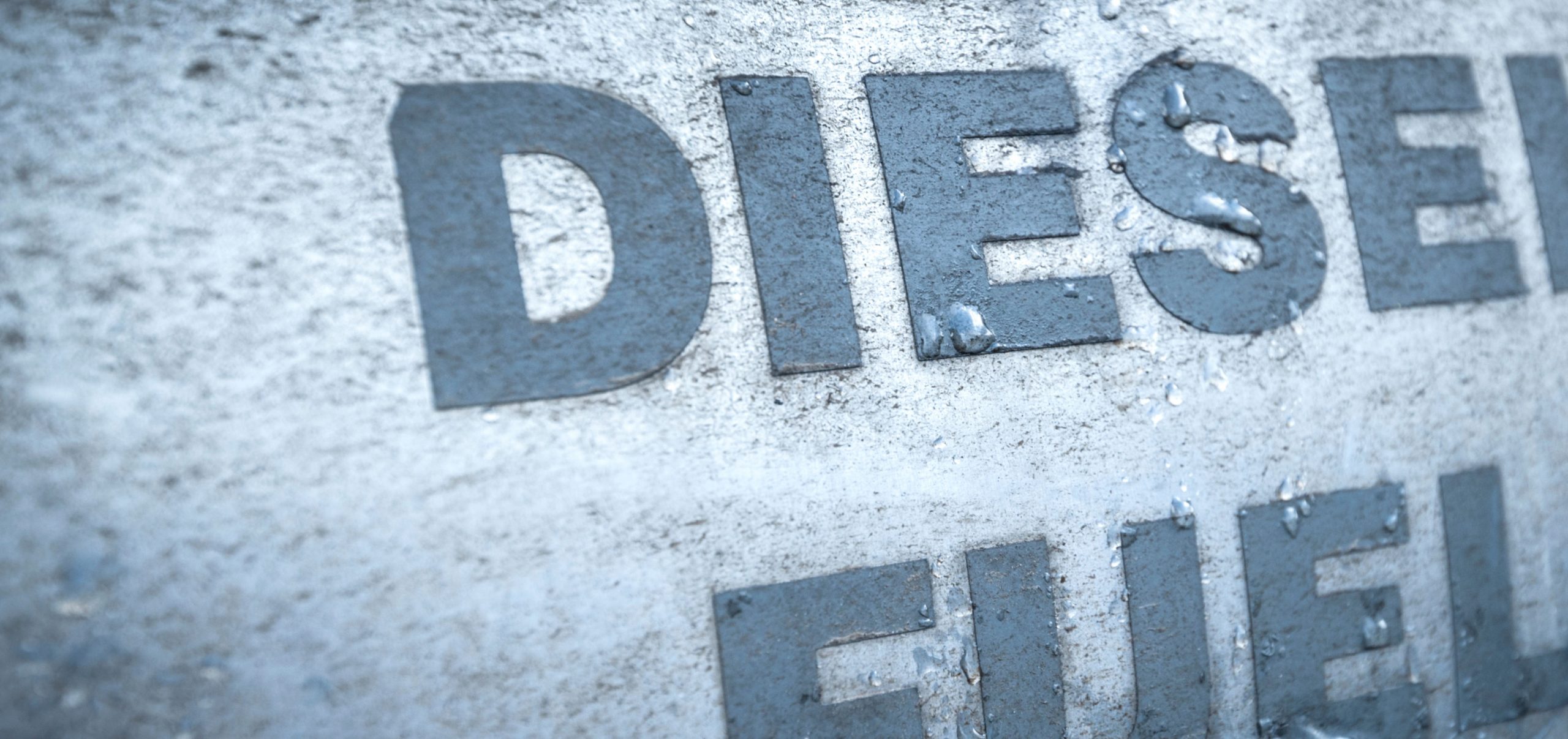
<!--[CDATA[
The European logistics industry faces major challenges that can be resolved only by working together. The German federal transport infrastructure plan, European infrastructure problems, digitalization and environmental policy – these are all issues that are plaguing Germany's only economic cross-industry cleanup in the mobility sector. The President of the German Transport Forum, Dr. Ulrich Nußbaum, in an interview with DHL Freight Connections.
The discussions concerning the federal transport infrastructure plan are intense in the federal states of Germany, but also particularly fierce on a regional level. How do you see the federal infrastructure plan?
Firstly, I would like to stress that the Federal Traffic Infrastructure Plan (FTIP) focuses on the right issues. Preservation comes before new construction, and the elimination of bottlenecks is key. We are thus moving away from the “wish list mentality” of the previous FTIP. What is now important is that projects of nationwide significance remain in focus. But only with a continuous and long-term budget that is assigned for several years for specific projects will the federal investment ramp-up have an effect. Means that are not used up budget must be available in the following year and should not be allowed to flow into subordinate projects through the back door.
Logistics requires infrastructure, but space is tight – particularly in Europe. What concepts do you have for the transport of the future?
When it comes to freight transport, we need a consistent trafficable network of roads, railways and waterways for the main traffic arteries in Europe. And we should not further restrict the operating hours of the air cargo hubs. The EU Member States are thus obliged to extend and maintain the trans-European transport networks. In particular in the area of rail transport, it must be possible to drive from one country to another without having to change the entire locomotive or its technology. What is also needed is a “one-stop shop” for the heavy goods vehicle toll: a single device and a single form of billing. Furthermore, we must also strengthen combined transport, and digitally upgrade roads.
Everyone is talking about catchphrases such as Industry 4.0 and the Internet of Things – what are the implications of the increasing digitalization of the economy on the traffic of the future?
Digitalisation is a “game changer” – it will fundamentally change the mobility sector and in particular the logistics industry: Ports and airports, for example, with companies such as Dakosy, are pioneers in the seamless information chain that by now accompanies physical transport. All port or airport participants network with each other and receive the necessary data – even across businesses and transport networks. Digitalisation will go a further step forward through the automation of the means of transport. The developments of Logistics 4.0 provide new opportunities, business fields, added value for users, more safety and sustainability. But they also provide new challenges for the German transport industry and transport politics, for example in the areas of data protection, liability law or autonomous vehicles.
The transport sector must also play its part to stop climate change. How, in your opinion, will that work?
Several different areas have to be addressed: aerodynamic changes to the vehicle and trailer, automated driving, more combined transport, development of new drive systems and fuels, and of course the networking and digitalization of vehicles and infrastructure. For example: With “forecasting” logistics systems can predict the demand at fast food restaurants on the basis of weather and event data and thus automatically initiate the delivery of exactly the right amount of hamburgers and fries. In that way unladen journeys can be avoided.
How do you see the impact of increasing global political instability on the German and European transport sector?
Within Europe and in Germany we have for years had high standards for the safe transport of goods. With approaches such as the “known sender”, the logistics sector is a pioneer in the area of safety regimes. It is important that politics, authorities and industry continue to work closely together in order to keep the flow of goods going. Security checks are important. However, they should not be across the board, but take the form of spot checks on the basis of transmitted logistics data. Unfortunately this is not always the case today.



